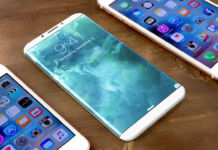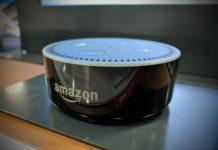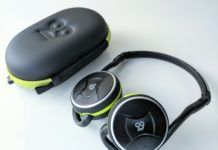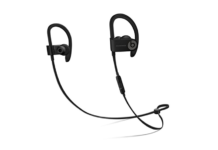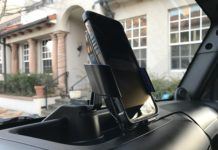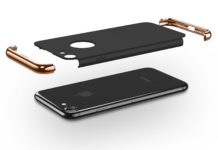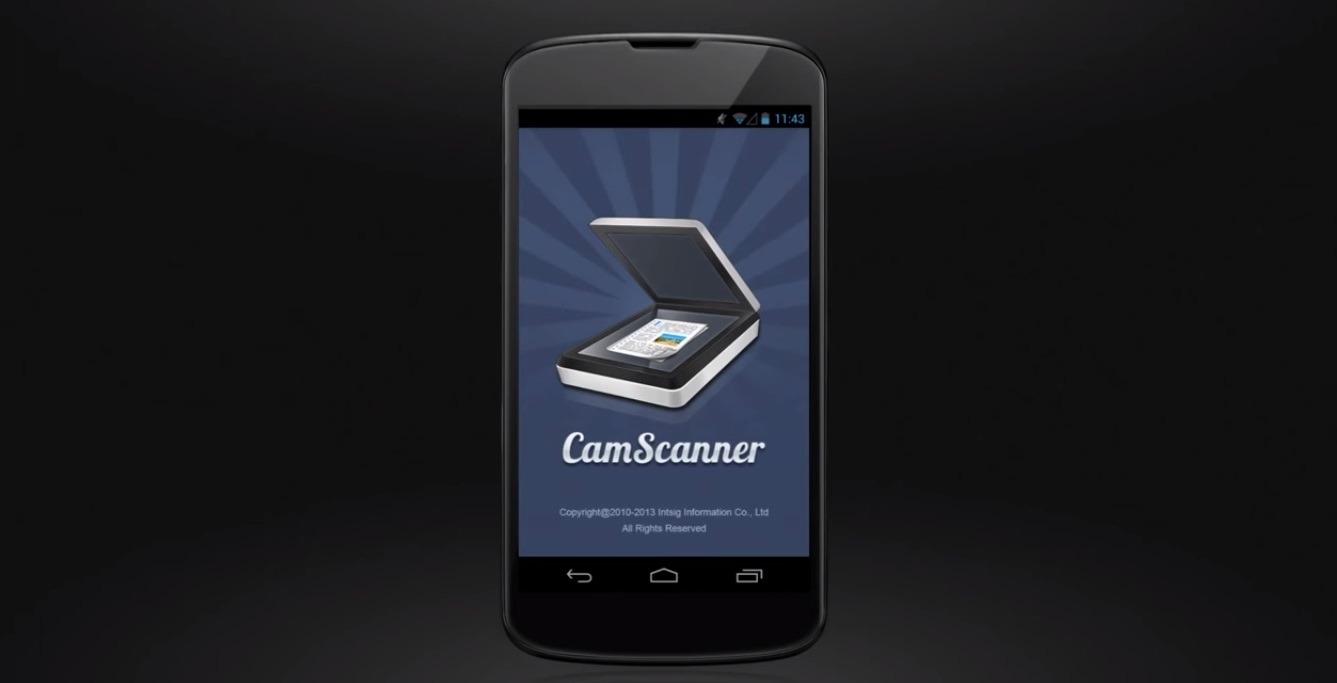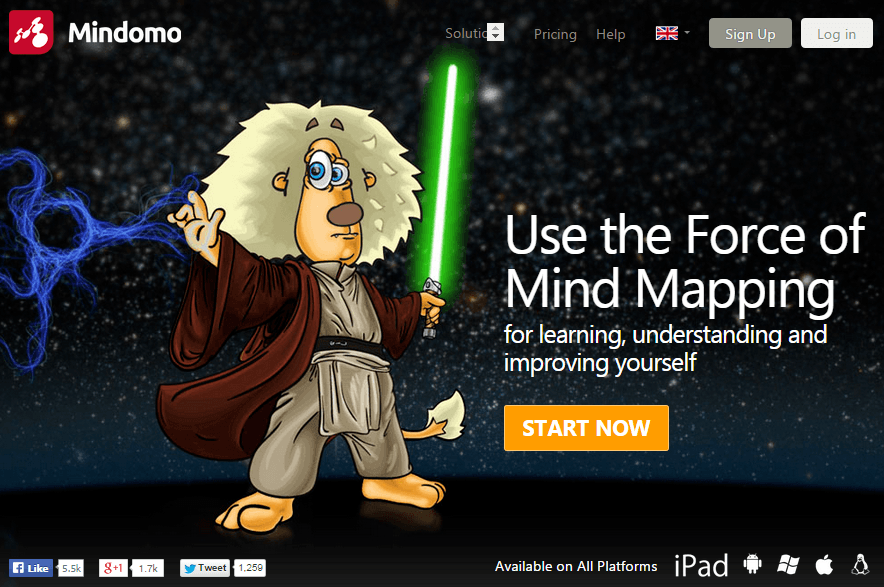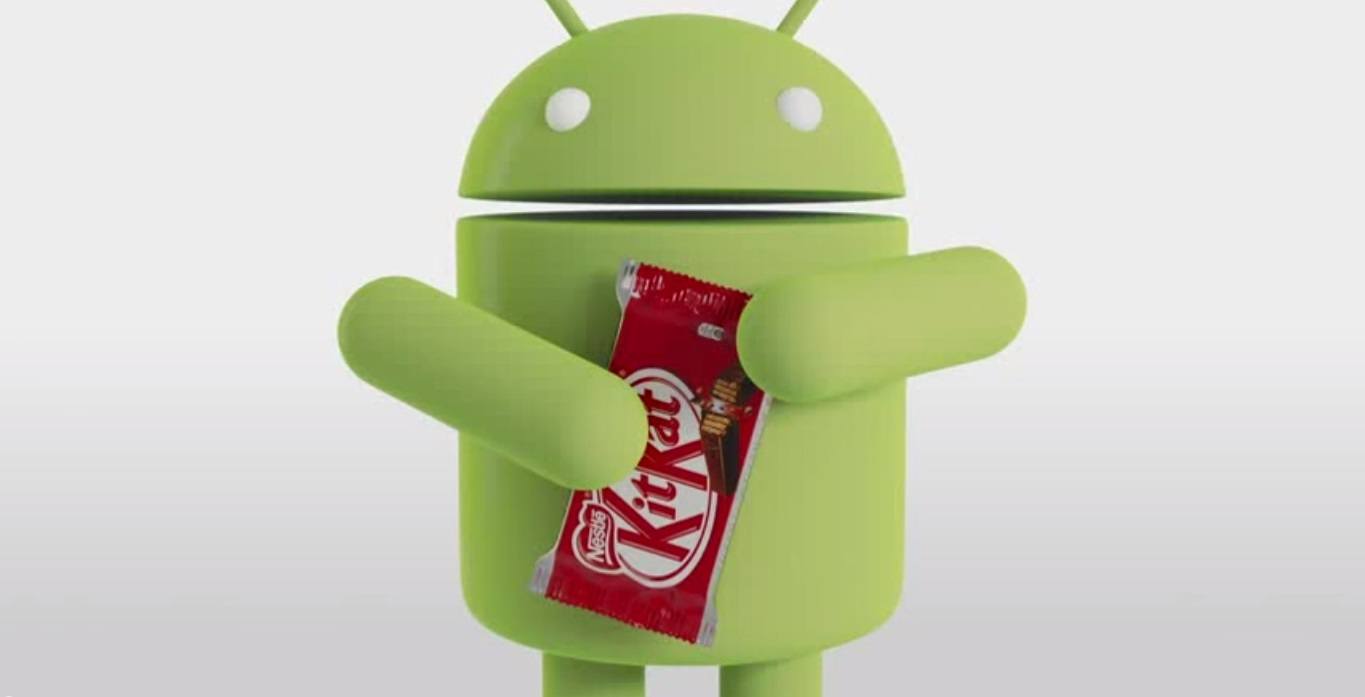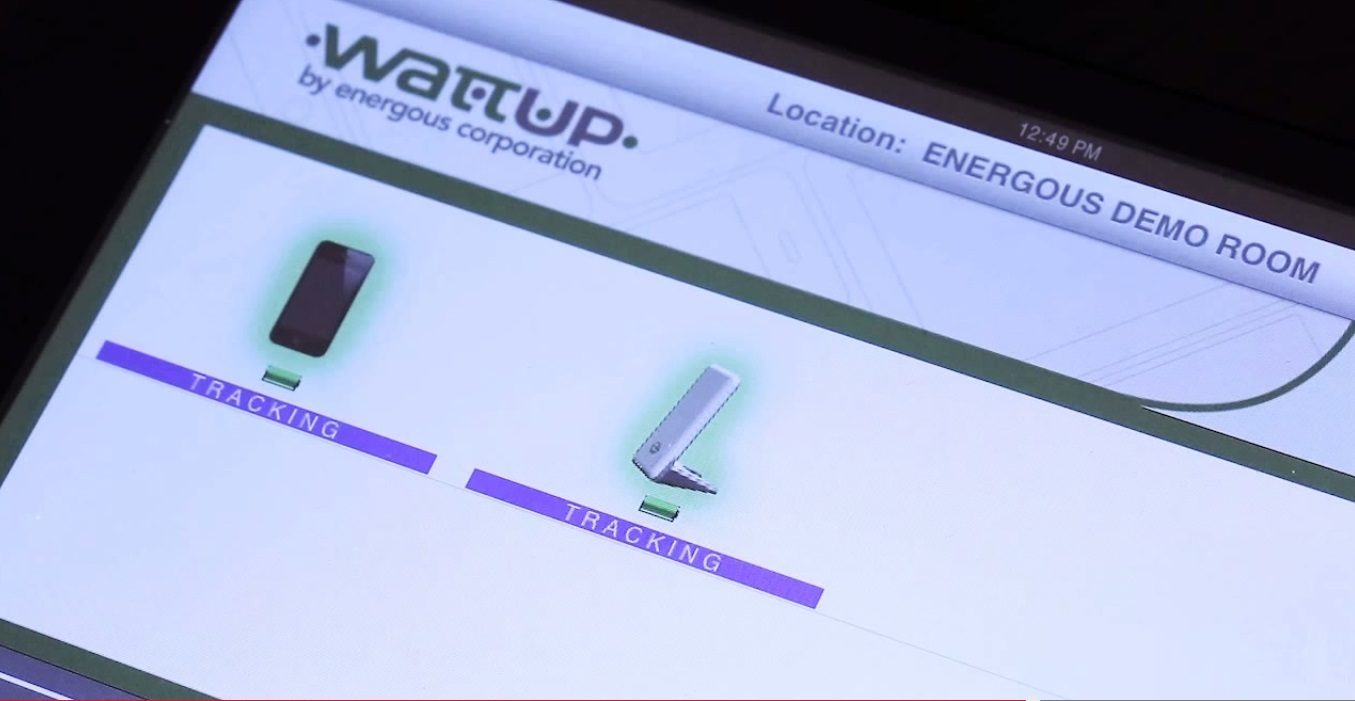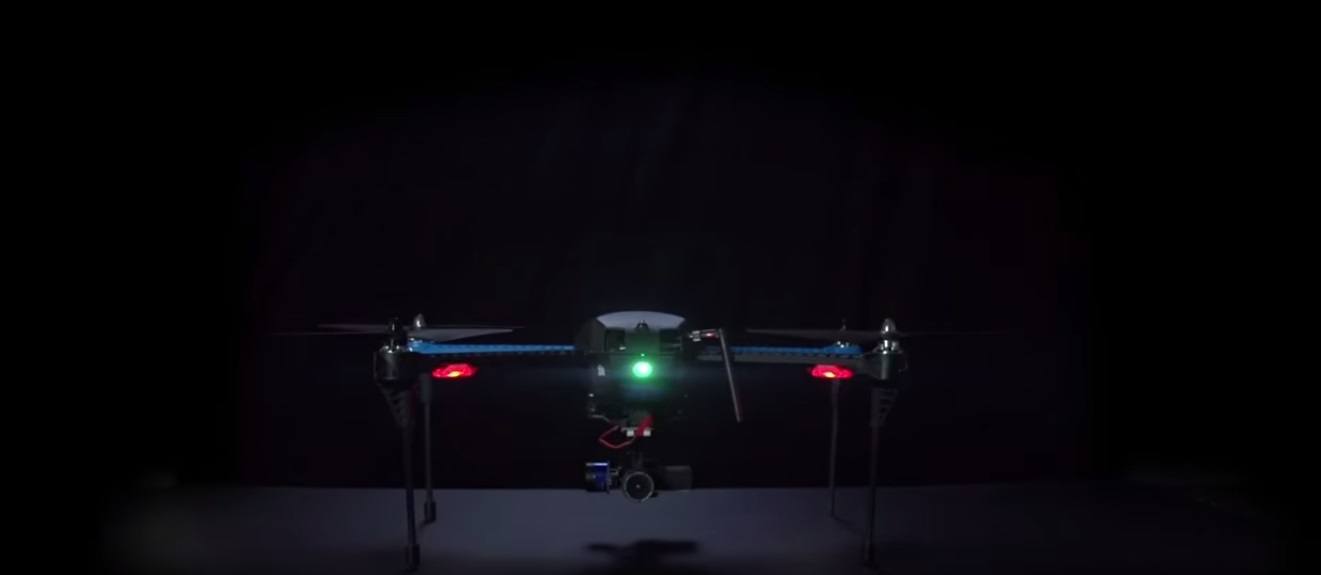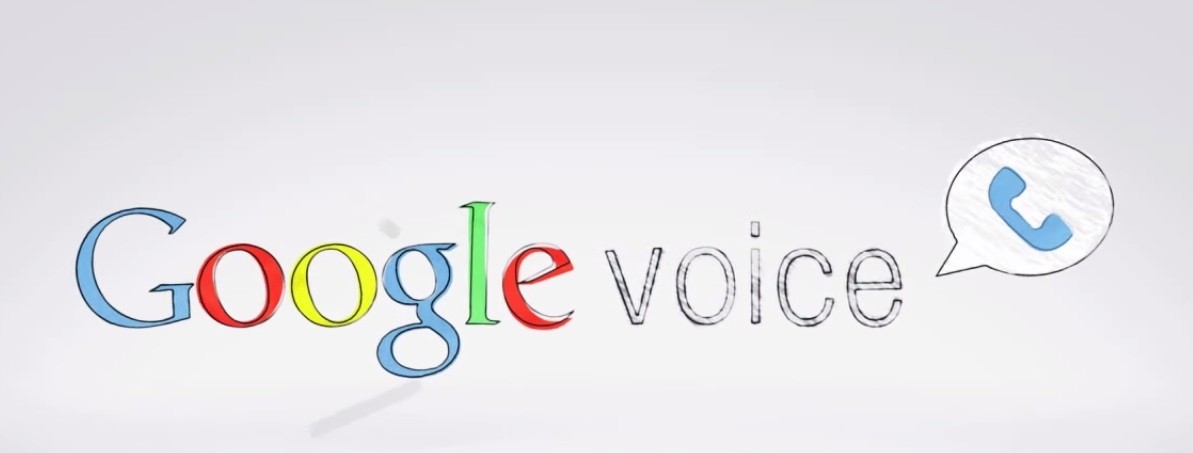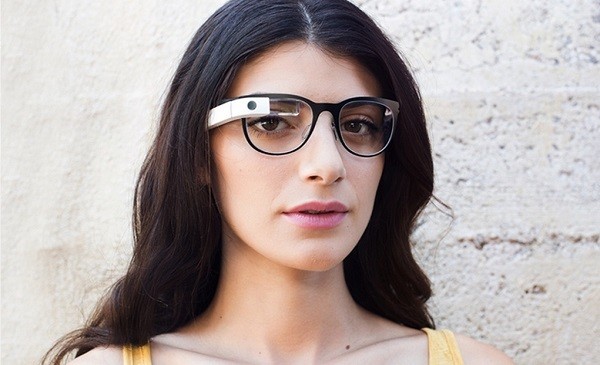When it was first announced Google’s hi-tech eyewear, Google Glass, was talked about for how it would revolutionise the wearable scene and turn the world into our interactive playground. Only that hasn’t quite happened yet.
Currently in beta and not yet widely available (you can only buy one directly from Google), Google Glass has struggled to find a reason for its existence. With fancy fashion frames Google has made it appeal to the hi-tech fashionista and for Google Glass ‘Explorers’ (the rare few who have gotten their hands on the early version of the device) it has been a social symbol on a sort of ‘haha I have a pair of Google Glass and you don’t’ level.
If Google wants the product to survive outside of its incredibly small user pool of tech bloggers, critics and Glass developers, they’ll have to find a reason for any of us to buy it. Luckily for Google, someone may have just found one.
Designed by Professor Jim Foley at the George Institute of Technology School of Interactive Computing is a Google Glass app that greatly benefits the hearing impaired. Foley’s app captions conversations that are taking place, making it incredibly easy for those who are hard of hearing to follow a conversation.
Speaking to Cnet, the professor explains that his app isn’t necessarily designed for those with poor hearing to read text from a screen, only to support existing lip and facial expression reading skills.
“This system allows wearers like me to focus on the speaker’s lips and facial gestures. If hard-of-hearing people understand the speech, the conversation can continue immediately without waiting for the caption. However, if I miss a word, I can glance at the transcription, get the word or two I need and get back into the conversation.”
Where the problem comes in, however, is that Google Glass’ microphone isn’t designed to aid conversations as it’s meant to hear the wearer’s voice commands. To solve this Foley’s app works with smartphones letting the speaker speak into the phone’s microphone (or just hold it near them, depending on its sensitivity) so that Google Glass can pick up all of what’s said.
Furthermore, Foley is also working on a version of the app that translates a foreign language into one that the wearer understands.
While the app isn’t going to be the biggest unit shifter for Google, it does provide a very good reason to buy the product. With the voice commands and the hands-free controls, for those who don’t understand touchscreen technology or are physically unable to use it, Google Glass is already a useful device and this only adds to that.
Source: Cnet


